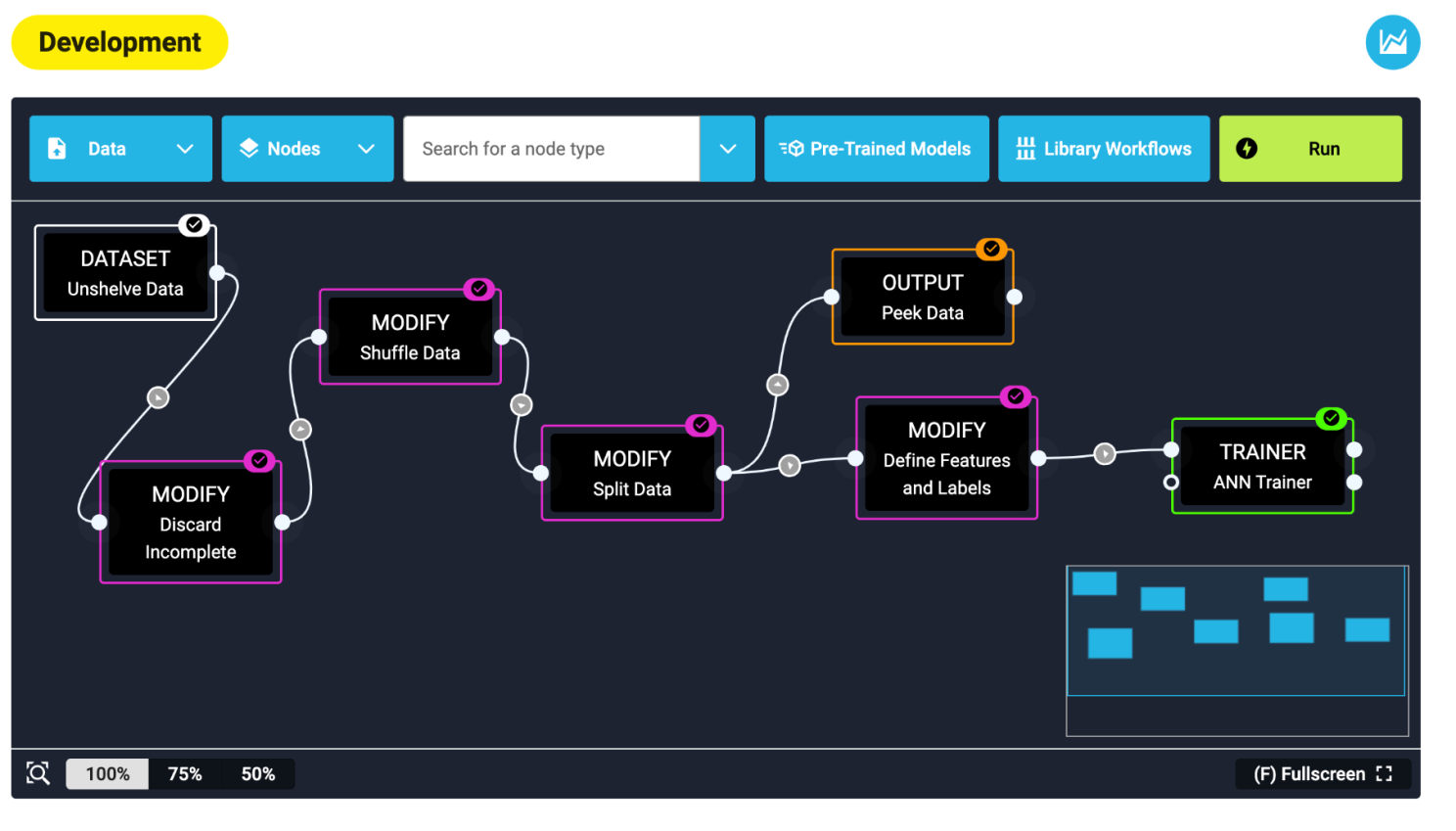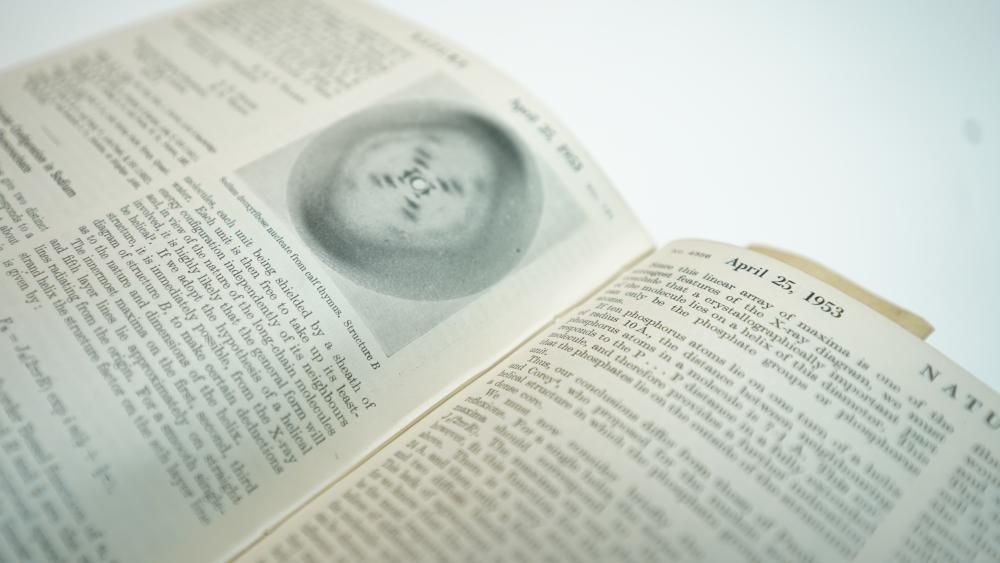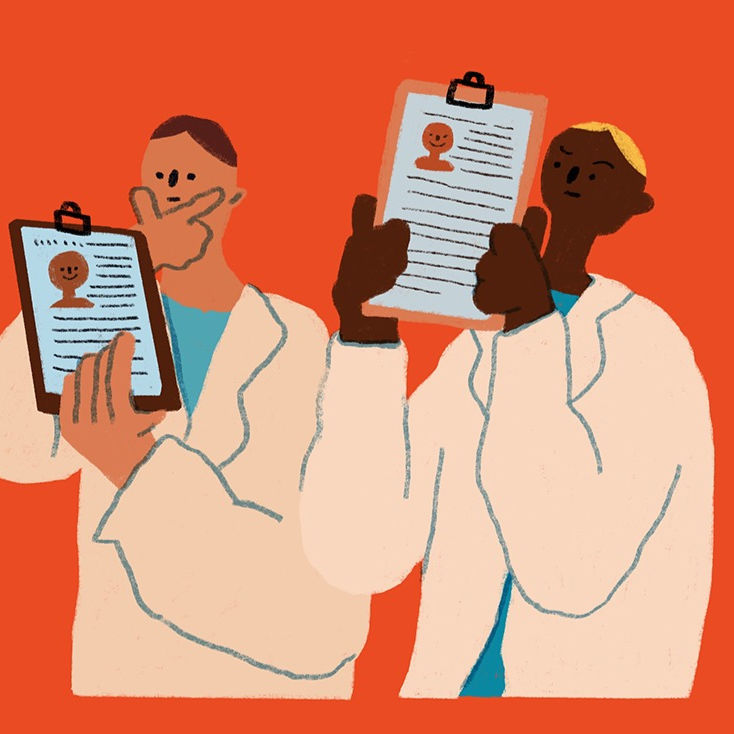Professor Sir Michael Stratton on The Life Scientific
Question: Can you name a breast cancer gene?
If we surveyed the public, BRCA would be my bet for the most common reply.
Thanks to Angelina Jolie, you may already know that variants in the BRCA gene can increase breast cancer risk. However, the path taken by the scientific community to understand this is far from trivia. Enter Professor Sir Michael Stratton.
In this episode of Radio 4’s ‘The Life Scientific’, host Jim Al-Khalili explores the history of cancer genetics through the lens of a career that has braved the (scientific) elements. The episode begins with a mind-bending question: ‘Is it possible to identify all the mutations in our DNA that lead to every type of cancer?’
Together, Al-Khalili and Professor Stratton have done a fantastic job of shedding light on a field of clinical science that has growing significance for our ageing population. The discovery of cancer driver mutations in 1982 captured Professor Stratton’s imagination as a young pathologist. It was found that a single change in DNA sequence could convert a normal cell to cancerous. He describes this discovery as having a ‘beauty and elegance’.
I find it admirable when experts can convey wonder and enthusiasm at the most basic truths of their field. Here, Professor Stratton’s career gives us a sense of just how much the practice of genetics has evolved. In three decades we’ve gone from diagnosing cancer by looking at tissue samples under a microscope, to reading the very DNA sequence indicative of the disease. It really puts my field of clinical bioinformatics, which deals with the processing and analysis of data from DNA sequencers, into perspective. This branch of clinical science is in its infancy compared with other domains.
Several compelling stories are told in this broadcast and for better or worse, Professor Stratton occasionally comes across as the steadfast hero at the heart of a soap opera. Admittedly, there has been no shortage of ambition, competition and controversy in his career.
After training, Professor Stratton was invited to set up a research lab to find the genetic cause of breast cancer in a group of affected families. Months before Professor Stratton’s team assembled, BRCA1 was discovered. Against the conventional wisdom of the time, Professor Stratton’s group soldiered on testing his new hypothesis: could there be another gene with variants that cause breast cancer?
In the search for this molecular marker, Professor Stratton found himself in a race with his own overseas collaborators, who created a spin-off company in an attempt to find this gene and patent it for profit. This was as close as cancer genetics might get to a pantomime villain. History is of course written by the victors, and Professor Stratton’s group went on to uncover the genomic sequence for BRCA2.
Scientific discoveries are never a one-man show and the contributions of different patient families were well represented here. I believe we have as many willing research participants to thank as the investigators themselves. However, as the podcast progressed, I felt that the teams of researchers involved in these findings could still have been better acknowledged.
When asked what he was most proud of looking back on his career, Professor Stratton put my worries to rest, saying: ‘I take a great joy from the discoveries we have made, but the key element of that statement is the “we”’. He took a perfect moment to express a sentiment that can sometimes be lacking from the top ranks of science; by collaborating and bringing ideas together, we become more than the sum of our individual parts.
As always with ‘The Life Scientific’ programme, Al-Khalili’s shines as an interviewer. He balances insightful and provocative questions to tease stories from Professor Stratton. Towards the end, I was taken by surprise. He probes Professor Stratton on the ethics of providing public research to pharmaceutical companies. This is a polarising question that would no doubt linger in listeners’ minds. In many ways, science cannot escape politics, and the response was fair and comprehensive.
Professor Stratton is further prompted to describe his move to the Wellcome Sanger Institute in 2000 where he heads the Cancer Genome project, a coordinated effort to discover mutations that characterise the disease. The question then gives way to a colourful explanation of the genetic basis of cancer. Here again his enthusiasm for the topic shines through, but those unfamiliar with genetics may find themselves needing to brush up on basic molecular biology to keep up.
It is difficult to appreciate the difference in scale between genomics today and the genetics that Professor Stratton practised in the early years of his career. In today’s era of personalised medicine, the field of cancer genetics is likely to have implications for us all. I wouldn’t hesitate to recommend this episode of ‘The Life Scientific’, as a brief and thorough perspective on one of medicine’s greatest challenges.


